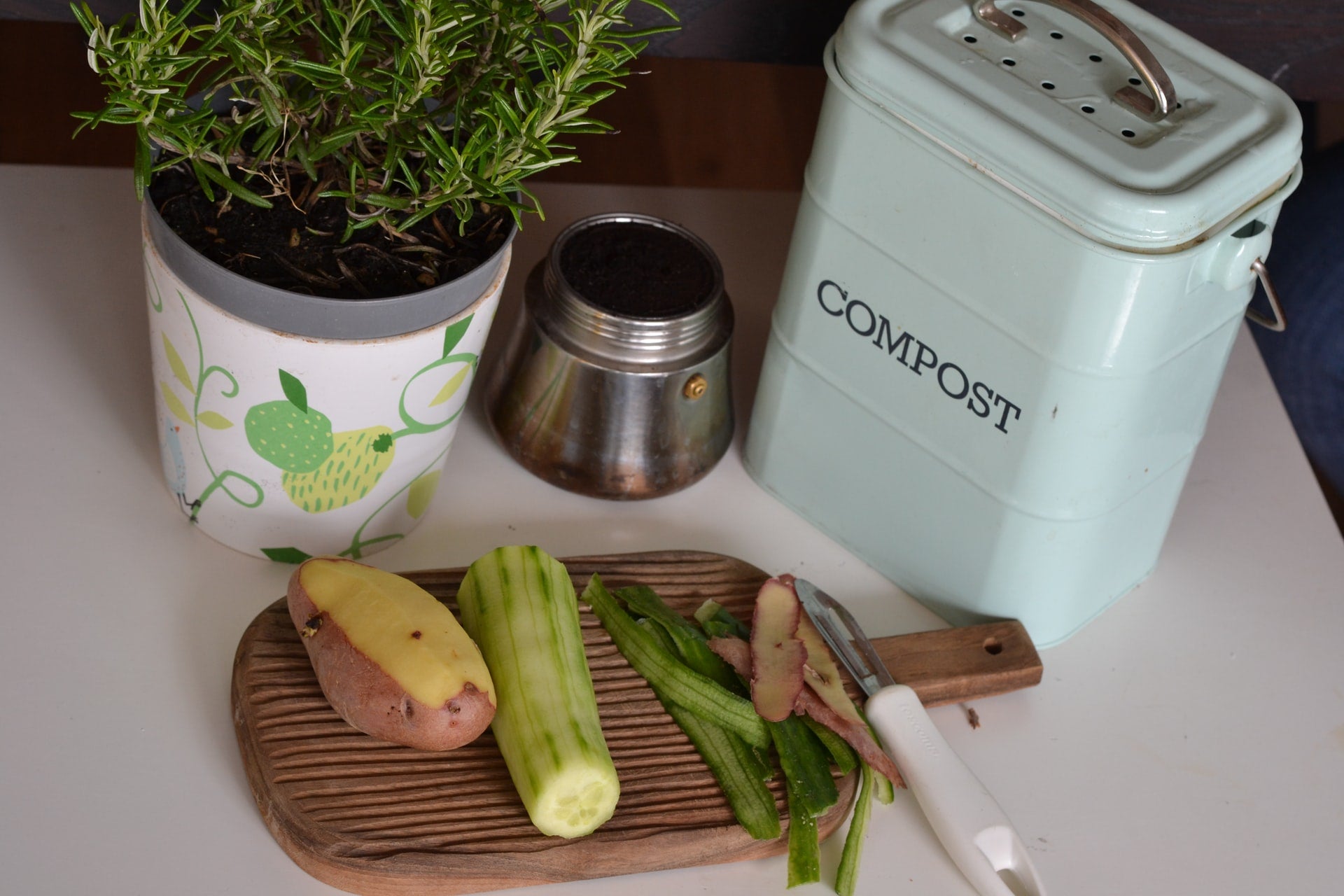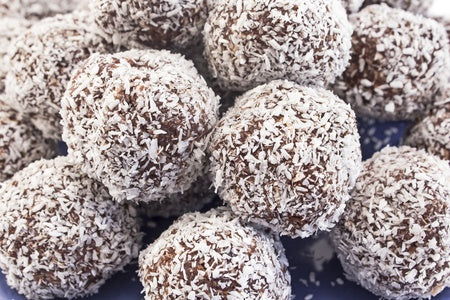A Brief Introduction to Composting

Composting: some people have been doing it for years (before it was cool), industrial companies and municipalities have been doing it for decades, but you may be hearing about it for the first time right now. What is this in-style process, and what does it do?
Composting is a process by which organic matter like food scraps and leaves naturally recycle into a rich fertilizer. It is a sort of weaponization of decay, where an ideal environment is created for decomposition, making the process shorter than it would be in nature. After worms, bugs, and bacteria go to work, the resulting decomposed matter looks like rich, dark garden soil. This is the final product, called compost, which is often referred to as “black gold” for the wonders it can bring to a garden.

Reducing Waste
The average American family produces a lot of trash. 28% of that waste comes in the form of food scraps, costing billions of dollars in waste management and highlighting a broader issue around overconsumption. When you compost, you’re taking your waste out of the equation, and recycling it for good use: more fertilizer, lusher gardens, higher sustainability and a prettier view to boot.
Cutting Emissions
Landfills are massive emitters of greenhouse gasses. Methane specifically is released when waste undergoes anaerobic decomposition, where buried trash in a landfill is decomposed by organisms who don’t require free-flowing oxygen. Bio-gas is released by the process, containing a 50/50 split of methane and carbon dioxide. Composting cuts these emissions massively by circumventing anaerobic decomposition. Cities like San Francisco which have committed to divert waste from landfills into compositing programs have shown what the strategy can do: since 2012, San Francisco has avoided more than 90,000 metric tons of carbon emissions by large-scale composting.
Soil Health
Compost, or ‘Black Gold’, is rich in nitrogen, phosphorus, and potassium, the three primary nutrients needed by garden crops. These nutrients boost soil’s water retention, productivity, microbiome and overall health.
Getting Started
While some composting is done on a large scale in industrial facilities, there are plenty of options to get it done at home. You can buy small ‘compost bins’ that eliminate much of the complexities of composting and make the process super easy to complete in your kitchen.




